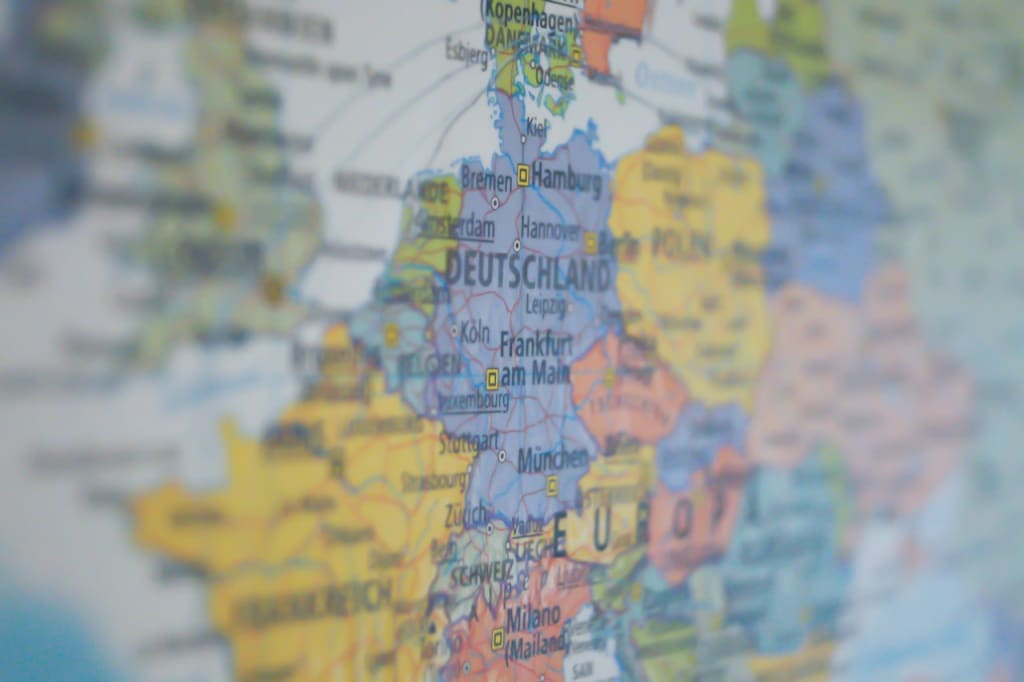Europe's Population and their Culture have Influenced the entire World
European pilgrim powers, like Spain, Portugal, England, France, and the Netherlands, set out on broad journeys of investigation and colonization from the fifteenth century ahead

Indeed, the population and culture of Europe have significantly shaped the world. Europe has a rich and various history, with various civic establishments, realms, and social developments that have left enduring engravings on worldwide society. Here are a few vital manners by which Europe's populace and culture have impacted the world:
Imperialism and Worldwide Extension:
European pilgrim powers, like Spain, Portugal, England, France, and the Netherlands, set out on broad journeys of investigation and colonization from the fifteenth century ahead. As a direct consequence of this, European colonies were established throughout the Americas, Africa, Asia, and Oceania. European imperialism significantly affected the socioeconomics, economies, political frameworks, and societies of these locales.
Language and Correspondence:
That is accurate. In particular, English has emerged as the global language of choice in a variety of fields like entertainment, business, science, and technology. The following are some significant points regarding the impact of these European languages:
English: The world's most spoken language is English. It is the primary language of communication in international business, diplomacy, aviation, and the internet, and it serves as the official or second language in many nations. The historical influence of the British Empire and, later, the United States as global powers is to blame for the English language's dominance.
Spanish: Spanish is the second most broadly communicated in language on the planet, with countless speakers across Latin America, Spain, and portions of the US. Spanish is an important language for international business and cultural exchange because it is an official language in 21 countries.
Portuguese: Portuguese is basically spoken in Portugal and Brazil, yet it is additionally an authority language in a few different nations. It has a significant presence in Africa, including Mozambique, Cape Verde, and Angola. As Brazil's economy and influence continue to expand, Portuguese is gaining importance.
French: French is an authority language in various nations, especially in Europe, Africa, and portions of Canada. It has areas of strength for an impact, particularly in regions like design, cooking, and human expression. Numerous international organizations use French as an official or working language, making it an essential part of international diplomacy.
Dutch: The majority of people in the Netherlands and Belgium (Flanders) speak Dutch. In addition, it is a recognized language in Suriname and the Dutch Caribbean islands. Even though Dutch does not have the same global reach as English, Spanish, or French, it still plays a significant role in particular industries and regions.
Global communication, cultural exchange, and economic integration have been facilitated by the widespread use of these European languages as lingua franca. For individuals, businesses, and organizations to participate in international interactions and collaborations, they have evolved into indispensable tools.
Governance systems and political systems:
Europe has been the birthplace of many political ideologies, including democracy, that have had an impact all over the world. European political thought is the source of concepts like human rights, the rule of law, and constitutional governance. Democracies from Europe have been adopted by many nations all over the world.
Technological and scientific advancements:
Throughout history, Europe has led the way in scientific and technological advancements. The sciences of physics, chemistry, biology, medicine, engineering, and other related fields have all been shaped by the work of European scientists, inventors, and thinkers. Famous scientists like Isaac Newton, Marie Curie, Albert Einstein, and Nikola Tesla have made ground-breaking discoveries that have had an impact on the rest of the world.
Philosophy, literature, and art:
Some of the world's most renowned writers, artists, and philosophers have emerged from European culture. Europe was the birthplace of movements like the Renaissance, Enlightenment, Romanticism, and Modernism, which influenced art, literature, and philosophical thought all over the world. Leonardo da Vinci, William Shakespeare, Vincent van Gogh, Friedrich Nietzsche, and a slew of other European artists continue to inspire and resonate throughout the world.
Performing and Musical Arts:
The European classical music traditions of Johann Sebastian Bach, Wolfgang Amadeus Mozart, Ludwig van Beethoven, and many others have had a significant impact on music all over the world. European opera, ballet, and theater traditions continue to have an impact on the world of performing arts.
Design and Fashion:
The fashion and design industry has long been dominated by European nations, particularly France and Italy. European style houses, originators, and extravagance brands set precedents and impact the worldwide design scene.





Comments
There are no comments for this story
Be the first to respond and start the conversation.